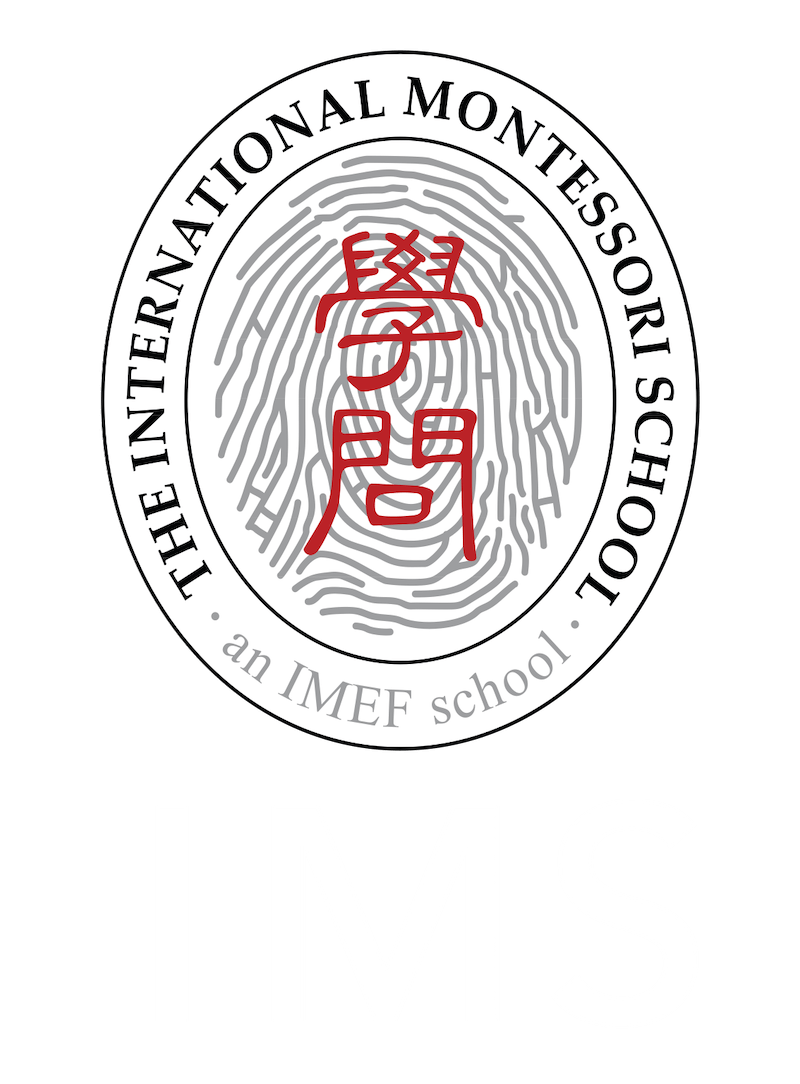
Benefits of Bilingualism
Gift Of Bilingualism
If you have the gift of bilingualism in your home, we encourage you to pass this on to your child. For years, research has shown that language learning at an early age has great benefits. Most recently, a May 2015 study published in “Science Daily” suggests that exposure to multiple languages in childhood produces better communicators (“Children exposed to multiple languages”). A 2014 study in Singapore showed that infants exposed to multiple languages showed increased behaviors that predict cognitive gains in preschool (“Benefits for Babies”). A 2012 post at the Dana Foundation is a rich resource and expounds “The Cognitive Benefits of Being Bilingual” (Marian and Shook). Educators are aware of the research, which seems to be reported anew nearly weekly.

At IMS as a Dual-Language School, Chinese culture and language are integrated throughout every aspect of the child’s experience. Every classroom, from Foundation to Upper Elementary, is guided by two teachers, one who always addresses the children in English while the other always speaks Chinese. In this complete and consistent Dual-Language environment, the child is surrounded with opportunities to acquire language naturally throughout each day. Full-time exposure to two languages along with multi-sensory language materials allow children to effortlessly absorb and experience each as a “living language” through day-to-day life in the classroom. By living and learning two languages, our students develop an openness to different cultures and habits. Given the chance to listen and participate in an environment rich in a different language, children assimilate meaning because the new words they hear are in context. Children naturally absorb a second language in much the same way they acquire their first language. Young children associate the language with the speaker, so teachers are particularly careful to only use their native language with the children.
Strong language skills provide children a foundation for all of their learning. Multilingualism, specifically, has been linked to improved focus, abstract thinking, task switching; and even health benefits like delayed Alzheimer’s, among others. At IMS, the dual-language programme is at the heart of all learning, providing natural exposure to both English and Putonghua.
These benefits come from exposure to describing the world around using different cultural lenses of perception and thinking which are embodied in a language, which increases creativity and enhances social skills through expanded perceptions of that world.Elementary
Copyright 2024 The International Montessori School - an IMEF school. All Rights Reserved.


